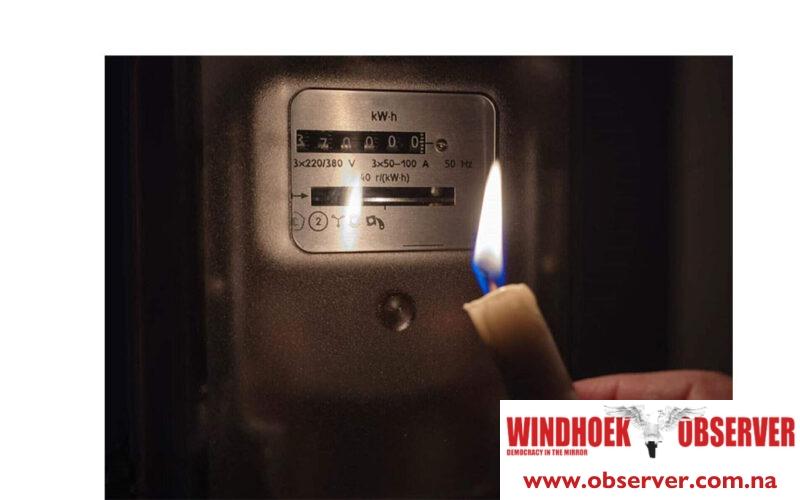Martin Endjala
The Electricity Control Board (ECB) has directed regional councils and local authorities to cease the practice of blocking prepaid electricity metres to recover arrears on other municipal services.
Robert Kahimise, the ECB’s chief executive officer, gave this order during Thursday’s announcement of tariffs for distribution licensees.
He urged the various electricity distributors to explore alternative debt recovery methods that comply with the relevant legislation.
This comes after the ECB received a customer complaint about a local authority blocking pre-paid meters for municipal accounts in arrears.
“The ECB ruling on the matter is that this practice is not allowed under the Electricity Act, Act No. 4 of 2007. Discontinuation or termination of electricity supply must be done in accordance with the provisions of the Electricity Act, Act No. 4 of 2007, and regulatory instruments. Such as the Economic Rules of 2016, issued thereunder, which state that discontinuation or termination of electricity supply for arrears can only be done in respect of arrears arising from the distribution and supply of electricity,” he pointed out.
Section 36(2) of the Electricity Act provides that in the case of conflict between the Local Authorities Act and the Electricity Act in respect of the supply of electricity, the provisions of the Electricity Act prevail, and the same applies to any subordinate legislation issued under the Acts.
“Therefore, any efforts or activities, including any procedural and operational policies of local authorities relating to the provision of electricity, must comply with the Electricity Act and any rules or codes made under the Electricity Act,” he explained.
He said that consolidated municipal accounts, which bill for electricity, water, sewage, rates, and taxes in a single consolidated statement, are exempt from this ruling.
He said that in the case of a consolidated municipal account, the local authority must be able to clearly account for the customer’s electricity account as required by the Electricity Act.
He assured end-consumers who participated in the public consultations held in April that their inputs would be considered in the distribution tariffs.
Some of the concerns raised at the public consultations are electricity access, affordability, and service delivery by the licensees.
Kahimise assured consumers that they would relay information to government ministries, offices, and agencies as requested.
He also reiterated that public consultations will be conducted every year going forward, and he calls on consumers to take advantage of this arrangement.
The Katutura Residents Committee spokesperson, Shaun Gariseb, welcomed what he has been advocating for.
“The practice is illegal and inhuman; blocking residents’ electricity metres due to debts cannot be the answer, and an alternative must be found,” he said.




